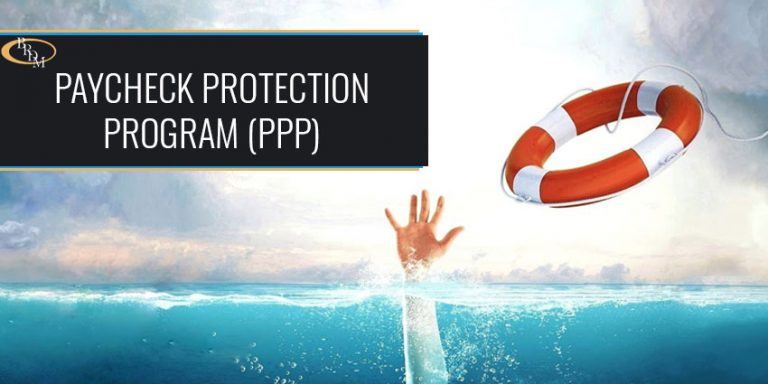As a response to the novel Coronavirus (COVID-19), Congress recently passed the Coronavirus Aid, Relief, and Economic Security Act (CARES Act). As part of the CARES ACT, in conjunction with the Small Business Administration (SBA) and the United States Treasury, Congress introduced what is known as the Paycheck Protection Program (PPP) which provides funding for small businesses with 500 or less employees and which is designed to support small businesses in a time of great need. The primary purpose of PPP loans is to support payroll obligations of employers which is designed to incentivize employers to keep their employees employed and avoid furloughs or terminations. As part of the PPP loan application, Borrowers are required to make a certification that “current economic uncertainty makes this loan request necessary to support ongoing operations of the Applicant.” At the time that most companies applied for the PPP loan, this certification seemed like an obvious affirmative. However, in light of recent controversy surrounding large companies that have received PPP funding through subsidiaries or affiliates the idea of “necessary” has been put under a microscope.
As mentioned above, the PPP program was intended for small businesses with 500 employees of less. In the language and requirements of the program, however, there is wiggle room especially when the business is in the restaurant sector which allows companies to count only employees per location. Due to this ambiguity, large (even massive) publicly traded companies have applied for the PPP loan and have been funded. A few of the well-known names of companies that received PPP funding (according to Forbes) are:
- Shake Shack: $10 million
- Ruth’s Chris Steak House: $20 million
- Potbelly: $10 million
- Los Angeles Lakers: $4.6 million
- AutoNation: $77 million



